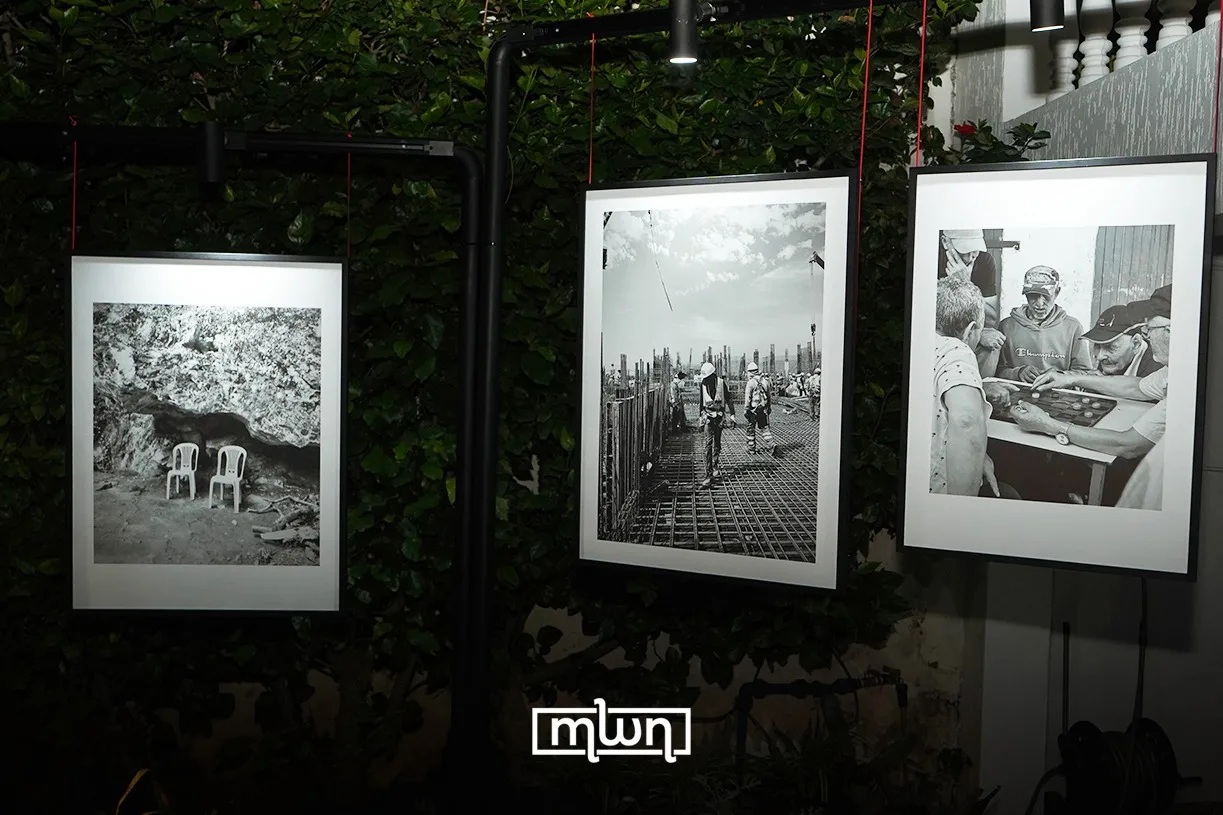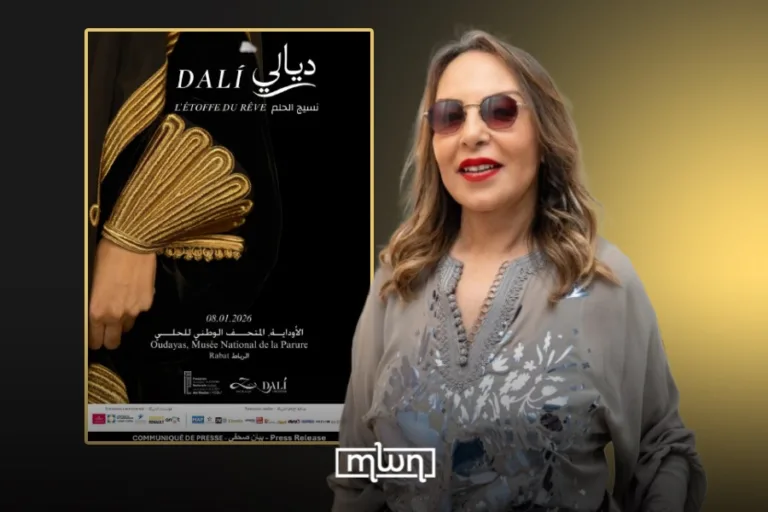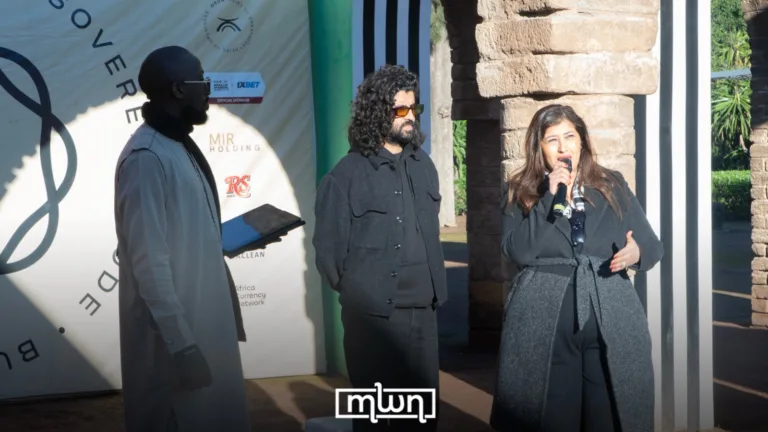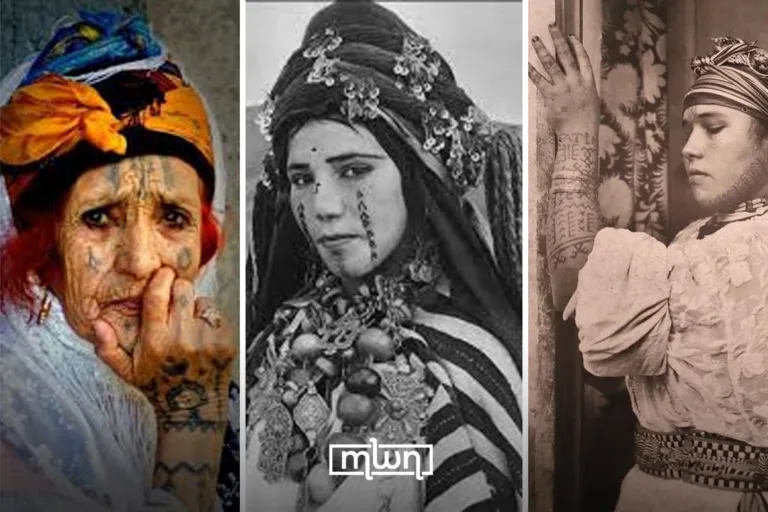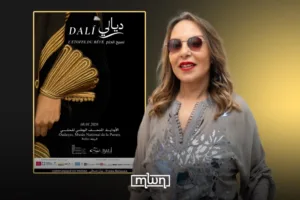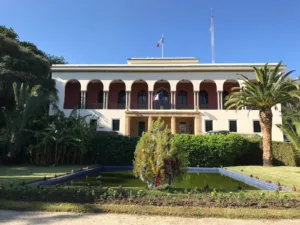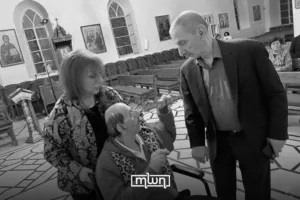Fez — The Friedrich Naumann Foundation for Freedom (FNF) Morocco opened its new exhibition, “Unmuted Morocco: What We Owe to Each Other”, bringing artists, journalists, and citizens together at its Hassan district office for an evening focused on what binds Moroccans in daily life.
Ten photographers from across the country presented work that looks beyond postcard Morocco to the lives often left out of view.
The show, curated as a public forum as much as a gallery, invites visitors to engage with stories of youth, hope, and mutual care captured by the photographers from different regions and disciplines.
“We are very happy to host renowned photographers who have captured the beauty, the diversity, and the dignity of Morocco, especially the Morocco that does not usually get visibility in tourist brochures,” said Sebastian Vagt, FNF’s Director in Morocco, in remarks to MWN. “This exhibition is an artistic and aesthetic contribution to the national debate on development at different speeds, and to the revendications of the Gen Z 212 demonstrations. It spotlights the Morocco that is not seen enough and is asking to be seen, and for its dignity to be recognized.”
A gallery as a civic space
From the outset, organizers framed Unmuted Morocco as a space where art and citizenship meet. The opening night featured a walk-through with the exhibiting photographers, informal Q&A moments, and exchanges among guests about how images can document realities that do not often reach mainstream platforms.
“Freedom is not always about law and politics. It is about living together too,” said Yasmine Alaoui, FNF Morocco’s Communication Officer, explaining why the team chose this year’s theme. “It is important in 2025, when there were many riots. We wanted to look at it in a more horizontal way, about the respect we owe each other and the place we give the other in this life.”
That focus is visible across the photos on display. Portraits of workers in motion, scenes from neighborhood public spaces, and quiet moments at home create a mosaic of life beyond the frame of tourism marketing. Wall texts guide viewers toward the everyday gestures that sustain communities: sharing time, listening, and recognizing one another’s presence.
Photographers’ pathways and the power of community
Several contributors traced the personal road that led them to the exhibition. Mohammed Soukri, a Casablanca-based photographer, said his journey began in 2015 and 2016 with long walks across the city, shooting monuments, street scenes, and portraits while learning with peers. “Today’s event is really great, and we hope to see more of these across the country,” Soukri told MWN. He acknowledged early hurdles taking pictures in public spaces. “It can be hard because people or authorities think you are photographing them. You are just out there doing what you are good at, and with time we overcame that.”
That mix of persistence and collaboration aligns with the exhibition’s purpose. Organizers positioned Unmuted Morocco as an accessible platform where emerging voices and established talents can place their images side by side. The goal is not only to show beautiful work but also to model how cultural spaces can host respectful dialogue about shared challenges and aspirations.
About the foundation and what comes next
Present in Morocco since 1969, FNF Morocco partners with organizations, associations, and civil-society actors to promote individual freedom, tolerance, responsibility, and pluralism. Through Unmuted Morocco, the Foundation seeks to make those values tangible by welcoming the public into a conversation that begins with photographs and continues in the room.
Vagt linked the exhibition to a broader moment of reflection. By surfacing narratives that are often overlooked, he said, the show invites institutions, media, and citizens to pay attention to realities that policy debates can miss. For visitors, the invitation is practical: spend time with the images, ask questions, and consider how “what we owe to each other” can be practiced in homes, schools, workplaces, and streets.
The opening gathered artists, cultural actors, and residents around that shared commitment to listen, understand, and connect. As the exhibition runs, FNF Morocco plans to host additional discussions and guided visits to keep the conversation active and inclusive.

